2024 RTIH Innovation Awards finalists assemble! RTIH rustles up the retail technology week in numbers
Do you like numbers? Do you like retail systems news? Then this is the article for you. Including Marks & Spencer, Sainsbury’s, Asos, Nextail, Studenac, Zalando, Affirm, Miros, and Shein.
£6.2 billion….Marks & Spencer’s first half sales rose 5.8% to £6.2 billion. Pre-tax profit grew 17.2% to £408 million (£359 million expected), with the food and clothing divisions both recording four consecutive years of market share growth.
Aarin Chiekrie, Equity Analyst, Hargreaves Lansdown: says: “With Bonfire Night’s embers still cooling, Marks & Sparks lit up the market with a firework show of its own, delivering a dazzling set of first-half results. Its hot streak of better than expected results continued in the first half, driven by a strong uplift in food sales.”
“High quality and value propositions have both been sharpened, helping the group record volume growth for four years in a row. In Clothing & Home, performance was strong, with continued growth reflecting improved customer perceptions of value, quality, and style. That’s by no means an easy feat and is a key reason for M&S being able to sell more than 80% of clothes at full price, far higher than many of its rivals.”
“Credit where it’s due, M&S has done a great job breathing new life into the business over the past couple of years. Operational and strategic improvements mean the business is healthier than it has been in some time. Debt levels are moving in the right direction, and there’s plenty of cash being generated to help fund the group’s store rotation plan, which focuses on opening new locations in high growth areas.”
“There’s even cash left over to support recently reinstated dividend payments, which means M&S could once again appeal to income focused investors.”
500…We’re pleased to announce the shortlists for the 2024 RTIH Innovation Awards.
We received a record number of entries this year (500+) and many fantastic examples of the continued resilience and dynamism of the retail space during hugely challenging times.
Congratulations to all those who made it through the initial submission process!
It’s now over to our judging panel who will decide the winners to be announced at the 2024 RTIH Innovation Awards ceremony, taking place at RIBA’s 66 Portland Place HQ in Central London.
The event will be held on Thursday, 21st November and consist of a drinks reception, three course meal, and awards ceremony presided over by comedian Lucy Porter.
To book your place at the 2024 RTIH Innovation Awards ceremony on Thursday, 21st November, click here.
The awards, sponsored by Vista Technology Support, Scala, CADS, 3D Cloud, Brightpearl by Sage’s Lightning 50, Business France, and Retail Technology Show 2025, celebrate global tech innovation in a fast moving omnichannel world.
£16.3 billion…Sainsbury’s half-year retail sales (excluding fuel) rose 3.1% to £16.3 billion. Retail underlying operating profit grew 3.7% to £503 million.
Aarin Chiekrie, Equity Analyst, Hargreaves Lansdown, says: “Sainsbury’s delivered a sweet set of first-half results, and investors will be relieved to see a volume driven uplift in the grocery business.”
“But consumers haven’t been as hungry for general merchandise and clothing, which posted a decline in the period. That’s not been helped by its ownership of Argos, which gives it extra exposure on the general merchandise front and has weighed on overall performance a touch.”
“But with that slip-up aside, Sainsbury’s continues to gain market share, and at a faster pace than competitors according to industry data. That’s been helped by its huge push to improve its service, products and value perception, which is helping to sway more customers to do their big food shop at Sainsbury’s, driving strong basket size growth.”
“Things like Nectar prices and Aldi price matches have so far worked at plugging the exit of customers too. Underlying operating profits in the retail business look on track to grow between 5-10% over the full year. That’s not at all bad for a ‘boring’ grocery business, but it does mean the group needs an even sweeter second half to get there.”
10…Nextail, an AI driven merchandise planning and execution platform for fashion retailers, has turned ten, and also announced a leadership change and a multi-million euro cash injection from existing investors.
Effective immediately, Carlos Miragall, Co-Founder of Nextail, steps into the role of CEO.
Joaquín Villalba, Co-Founder and former CEO, will remain on the board.
Miragall says: “I am thrilled to re-join the leadership team as CEO at such a pivotal moment in Nextail’s journey. The commitment to additional investment from our current investors reinforces their confidence in our mission, and I am excited to drive our company forward with innovation, ambition, and a renewed focus.”
“Together with our talented team, we are ready to achieve new milestones and deliver even greater value to our partners."
£2.9 billion…Asos continues to crumble under the pressure from Shein, according to GlobalData.
Following this week’s release of the fast fashion retailer’s figures for the year ending 1st September 2024, Chloe Collins, Head of Apparel at GlobalData, says: “FY2023/24 was another difficult year for Asos, with total revenue sinking 18.1% to £2.9 billion, off the back of a 9.8% decline in FY2022/23. H2 saw very little improvement on H1, when revenue dropped 18.5%, as consumer confidence remained low and the online pureplay failed to combat the enormous threat from Shein, alongside other agile newcomers like Temu and Cider, as well as the rise of resale, especially Vinted.”
Asos’ operating loss worsened to £331.9 million, up from £238.5 million last year, so profit remains the prime focus for the business in FY2024/25, with guidance on revenue remaining cautious, between -9% and +6%.
However, one green shoot is that its joint venture with Heartland, which purchased a 75% stake in the Topshop and Topman brands in October, will provide some relief to its balance sheet, allowing it to reinvest and make its own offering more competitive.
In Asos’ home market of the UK, retail sales declined 15%, and Europe suffered similarly, falling 13.3%, as consumer confidence in both regions was heavily impacted, limiting fashion spend. Sales were dragged down further by the US, which tumbled 32.8%, which it partly blamed on a restrained approach to paid media and challenging consumer spend.
However, the main crux will have been Shein’s dominance in this market, and Asos’ lower brand awareness, despite its Nordstrom partnership. Asos also struggled in its rest of world region, which declined 33.7%, however this was to be expected after the retailer strategically increased prices and weakened its delivery proposition to aid profits.
Going into FY2024/25, Asos has significantly improved its stock position, with inventory down c.50%, boosting the relevance of its ranges, with sales of newness up 24% between July and September. It will also continue to roll-out its Test & React model to be more reactive to trends, with aims to double its coverage to 20% of own brand sales.
Other initiatives include more exciting brand partnerships, launching a loyalty programme, and improving the sizing and fit of its products to reduce returns rates. However, Collins believes that Asos will still struggle to compete with Shein on trend, speed to market and price, making it extremely difficult to steal back share among its target 20 something consumers, so it should also focus on reigniting appeal among shoppers in their 30s that grew up with Asos and are still passionate about fashion.
“Improved quality within its own brand ranges will be crucial for this, as well as more wearable, versatile styles, however Asos will also benefit from Heartland’s investment into Topshop and Topman, with Topshop.com launching in the next six months, and offline opportunities also being explored,” she says.
$85.94 million …Studenac, a food retailer in CEE that is based in Croatia, is working on an initial public offering with plans to list on the Warsaw and Zagreb Stock Exchange.
The offer will consist of new shares and the sale of existing shares by current shareholders.
Final terms will be released following approval of the Luxembourg Financial Supervision Authority. The aim is to raise $85.94 million from the issuance of new shares in connection with the offering.
Michał Seńczuk, CEO at Studenac, says: “I am confident that our proven business model, confirmed by strong financial performance with significant revenue growth and its achievements in recent years, should attract interest among potential investors. I believe that continuing its longstanding track record will make the brand one of the leading players in the proximity format in the region.”
€6 million…Miros, a visual AI e-commerce search solution, has raised a €6 million pre-Series A investment led by EBRD Venture Capital and Tera Ventures.
Former Estonian President Toomas Hendrik Ilves also participated as an angel investor. Miros will use the funding to enhance R&D, further develop the technology, and expand market reach. To date, the company has raised €8 million.
Using visual AI technology, Miros can predict online shoppers’ intent, enabling users to find what they are looking for faster than traditional search.
It understands the context of products from the product images, even when product metadata is insufficient. Its AI recognises shopping patterns and mirrors users' wishes to help them find the intended item in 60 seconds or less.
21% and 75%…US-based buy now pay later (BNPL) startup Affirm has entered the UK market.
Phoebe Hodgson, Associate Analyst, Banking and Payments at GlobalData, comments: “The BNPL market in the UK is becoming increasingly saturated. According to GlobalData’s 2024 Financial Services Consumer Survey, only 21% of respondents in the UK have used an online BNPL service while buying goods and services.”
“This limited adoption, coupled with an already concentrated market, where 75% of the UK market is held by five BNPL providers, suggests Affirm may find it challenging to position itself among the well-established competitors like Klarna, PayPal and Zilch.”
“Affirm’s unique selling points, such as extended loan periods and strategic partnerships, could help distinguish it, but it will have to overcome significant obstacles. One of the biggest hurdles is the evolving regulatory environment.”
“The UK government seeks to regulate the BNPL product further, treating it as if it were a credit product, subjecting them to stricter consumer protections and potentially reducing the appeal for BNPL for both providers and consumers alike.”
“Soon to be under stricter regulations, Affirm must work under pressure to assert itself among the UK customers, who are more cautious of debt amid high living costs and economic uncertainty. Furthermore, with competitors already moving towards innovative product extensions, and compliance initiatives, Affirm’s market entry may need to be more than just a product push – it must be a strategic positioning exercise to resonate with cautious UK consumers.”
£25.9 billion…UK shoppers are forecast to spend a record of £25.9 billion online during the holiday season (November-December), £300 million more than the previous record set in 2020, and up 6.1% over the 2023 holiday season, according to research by Adobe Digital Insights.
Black Friday (£1.13 billion) and Cyber Monday (£940 million) will again be the highest online spending days of the year, up 9% and 6.7% year-over-year respectively, as increasingly price aware shoppers look for maximum value
“While UK shoppers are spending more freely this holiday season, it’s clear that consumers are still observing the more cautious, value and price conscious habits that emerged during periods of high costs-of-living over the past 18 months,” says Vivek Pandya, lead analyst, Adobe Digital Insights at Adobe.
“Deal hungry shoppers will again concentrate their spending over the Black Friday and Cyber Monday weekend as they take advantage of the deep discounts on offer across all retail categories to stretch their budgets as far as possible.”
€2.4 billion…Zalando’s revenue growth accelerated in Q3, rising 5.0% to €2.4 billion, following a rise of 3.4% in Q2, driven by its highly desirable product selection offering hit premium, sportswear and beauty brands.
This strong third quarter led the retailer to upgrade its full year guidance in early October, with it now expecting FY revenue growth to land between 2% and 5%, compared to 0-5% previously. It also expects higher profits, forecasting FY adjusted EBIT to reach €440-480 million, compared to previous guidance of €380-450 million.
B2C sales rose 4.3% in Q3, as Zalando continued to add in-demand premium brands such as A-Cold-Wall, Marine Serre and Remain to its product offering. This allows it to differentiate from other online fashion players such as Shein and Asos, by targeting a different consumer base which is slightly older and more financially stable.
Zalando also capitalised on the streetwear trend in October, launching a campaign called “Cultural Ties”, featuring interviews with trendsetters and product style guides, as well as exclusive items in collaboration with adidas Originals. It also continued to grow its lifestyle proposition, seeing strong growth within its sportswear, beauty and childrenswear offering.
Louise Deglise-Favre, Senior Apparel Analyst at GlobalData, says: “Zalando’s use of technology also continues to set it apart from its competitors. In October, it expanded its AI powered shopping assistant to all of its markets following positive consumer feedback from its initial launch in countries such as Germany and the UK.”
“The retailer also added four more cities to its Trend Spotter tool, now allowing shoppers to discover emerging trends and popular products in ten fashionable cities across Europe, such as London, Milan and Amsterdam. Zalando also evolved its Plus loyalty programme in Spain, France and Austria, removing its annual membership fee and pivoting to a points-based system, with plans to expand this change to more markets in 2025.”
“Zalando’s B2B segment rose 11.1% in Q3, as its comprehensive logistics and fulfilment offering through the ZEOS platform continued to attract new clients, even rival Asos. Through ZEOS, Zalando offers solutions to retailers and brands looking to strengthen or develop their online capabilities but lacking the expertise or resources to do so efficiently alone.”
“While the B2B division still represents a minor share of Zalando’s revenue, it presents a highly lucrative opportunity and will likely remain a key development area for the retailer.”
$4 million…Acai Travel has raised a $4 million seed round led by Nauta, with participation from DraperB1 and existing investor One Travel Ventures.
The cash will help the startup expand its mission to build an AI powered operating system for travel operations, providing an all in one solution to double agent efficiency, optimise travel call centres, and enhance the traveler experience.
The platform supports a client base across all travel segments, featuring the likes of Kiwi.com, lastminute.com, World Travel, and Goway.
46%…Gen Z and Millennial shoppers are the most frequent visitors to UK stores, helping drive the post-Covid physical retail revival, according to research from RetailNext.
Its research of over 1,000 UK shoppers showed that while 40% of UK consumers now visit non-food stores once a week, 46% of Millennials make weekly trips to stores (+6 percentage points compared to the average UK shopper).
When it comes to fashion, younger Gen Zs were also the most frequent in-store shoppers, with the demographic more than twice as likely as the average UK consumer to head into apparel locations every week (28% vs 13%).
And, despite the stereotype of being wedded to social commerce, 66% of Gen Z prefer physical experiences for discovering fashion trends and products, according to a recent UNIDAYS report.
42%…Research by Quill, in partnership with Ipsos, finds that one-third of Americans report having changed their opinions on a topic or brand discussed in a podcast, with 35% being males and 50% being those ages 18-34.
42% go as far as to say they, to some degree, trust podcasts more than traditional forms of media such as TV or newspapers.
A survey of 1,000 people also shows that 56% say the endorsement by the host of the podcast influences their trust in a product or service to some degree, with men (60%) and those aged 18-34 (62%) most likely to be influenced by host endorsements.
$6.5 million…Plato, a Berlin-based AI powered ERP automation platform for wholesale distributors, has announced the closing of a $6.5 million pre-seed funding round.
This was led by Cherry Ventures, with additional backing from the German government and C-level angels from Microsoft, SAP, NVIDIA, Celonis, Personio, Sennder, and Forto.
Plato says that it is well positioned to lead the AI transformation of the $53 trillion global wholesale industry.
Its platform integrates with existing ERP systems, offering two core functionalities, sales intelligence and workflow automation.
“Plato is the all in one platform where distribution sellers thrive,” says Benedikt Nolte, CEO at Plato.
“We embed AI into daily workflows, turning reactive sales teams into proactive, data driven sellers. Our solution transforms how distributors engage with their data and automate their processes, unlocking new levels of profitability for our clients.”






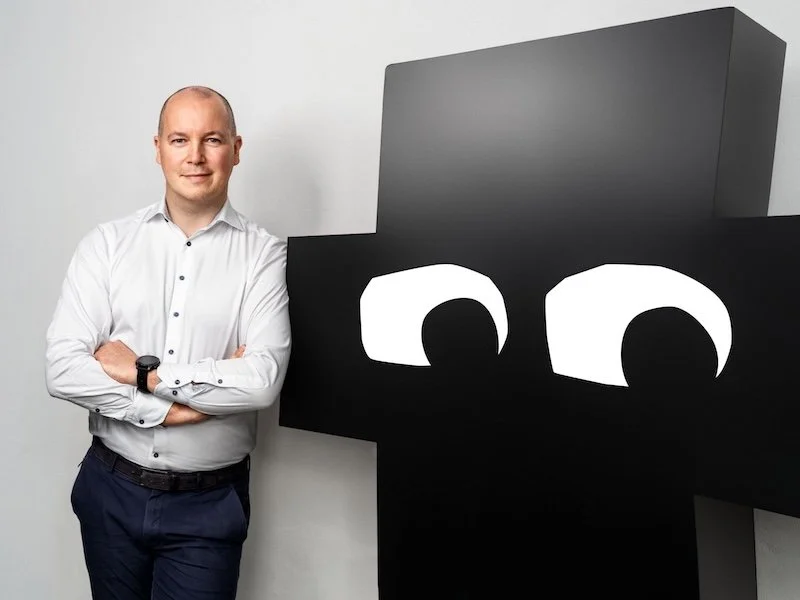


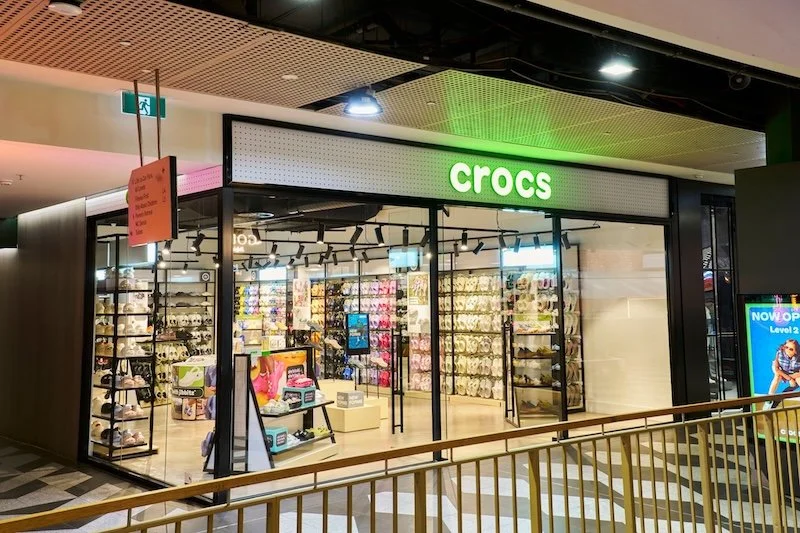
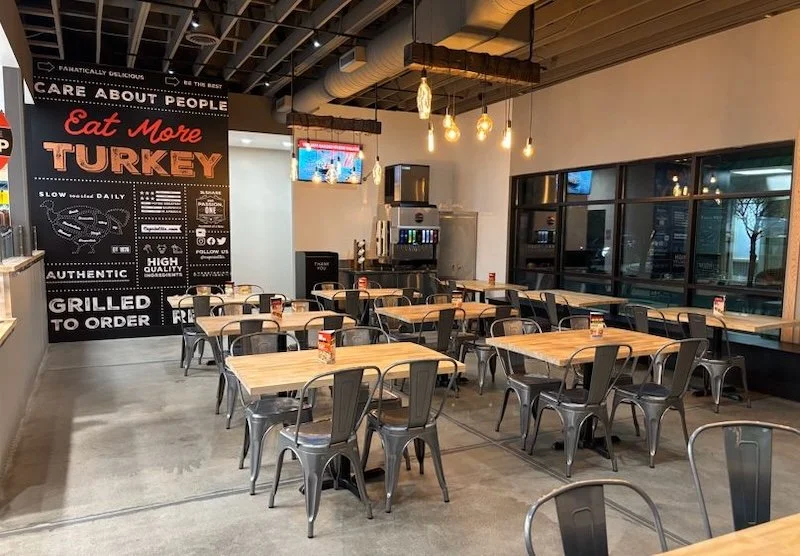
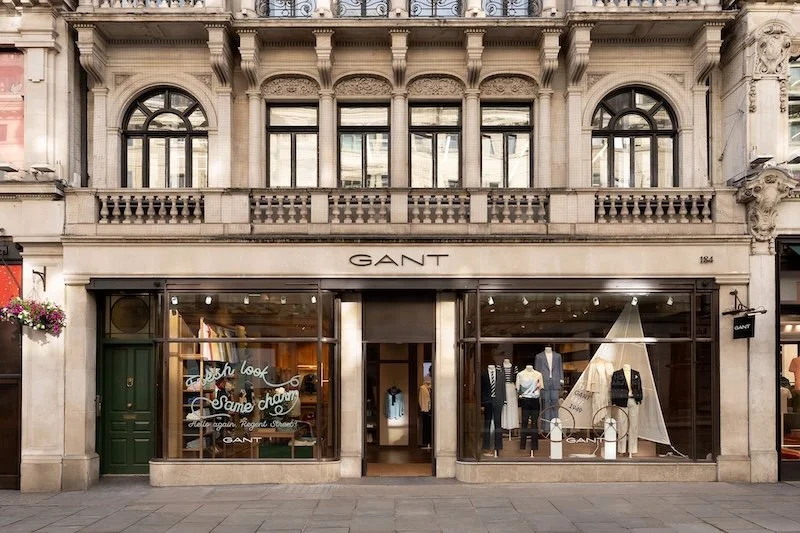
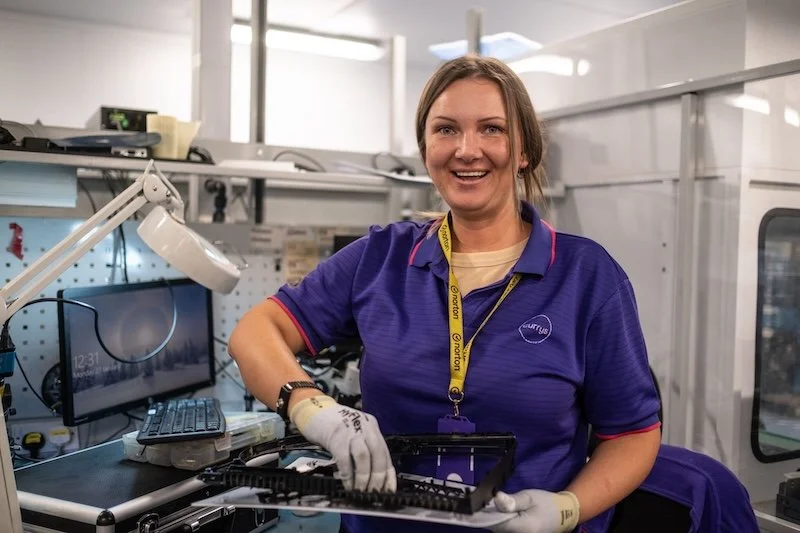

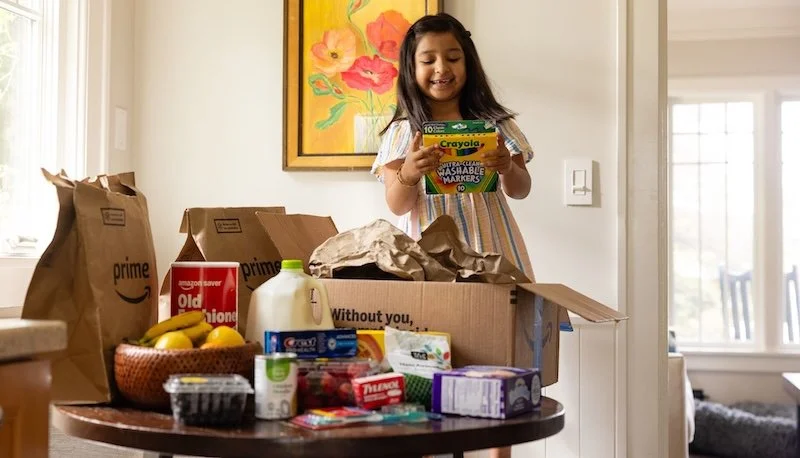


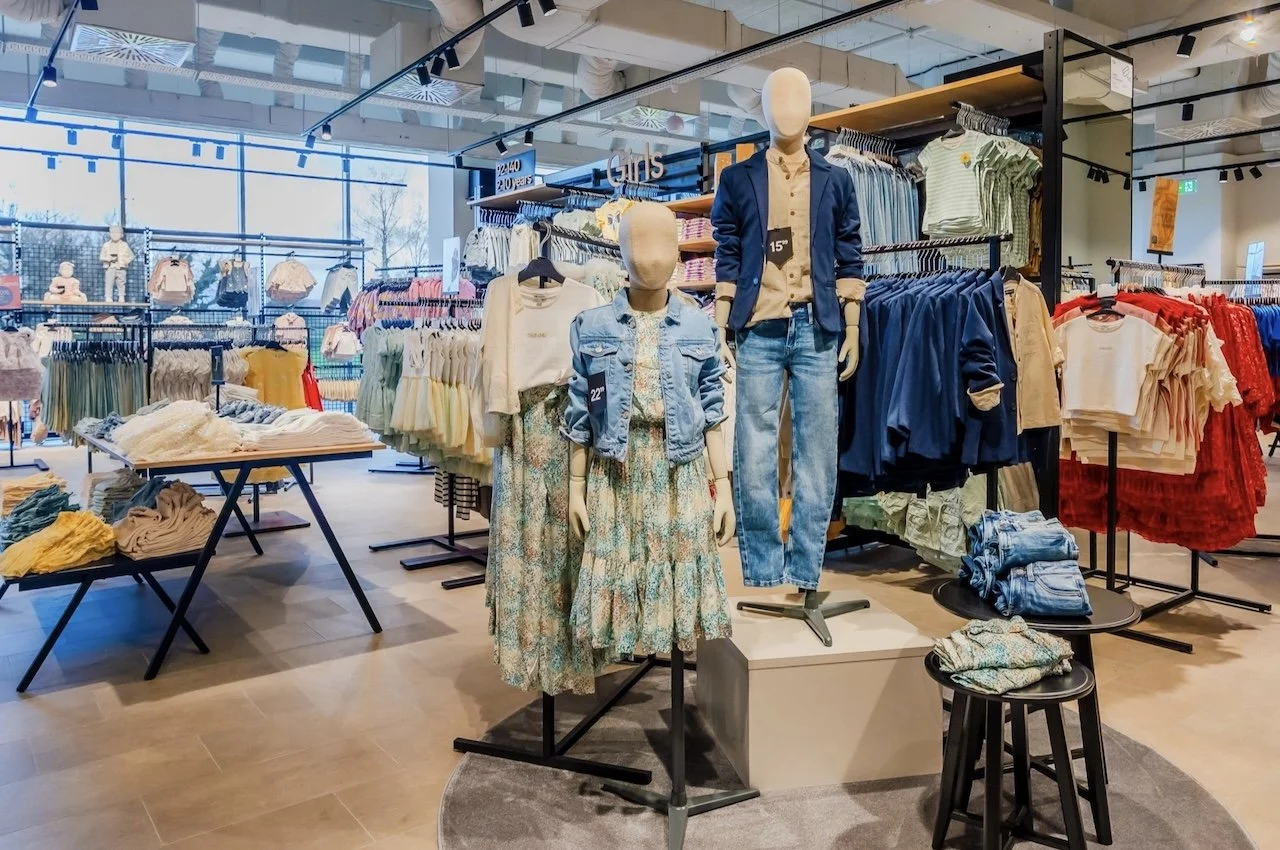
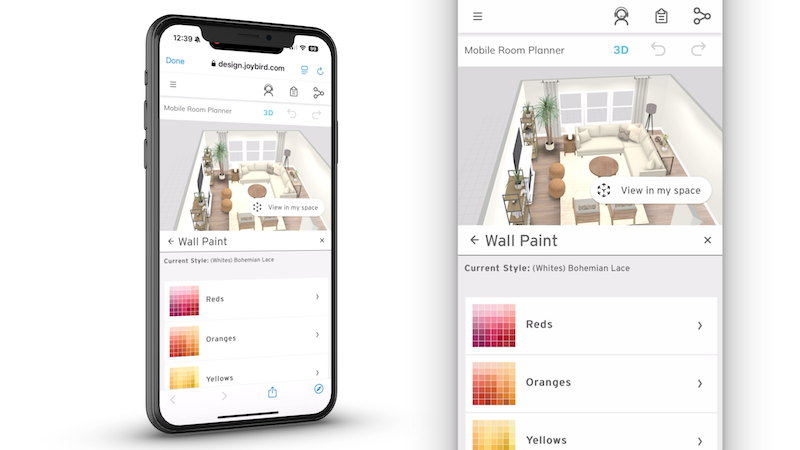

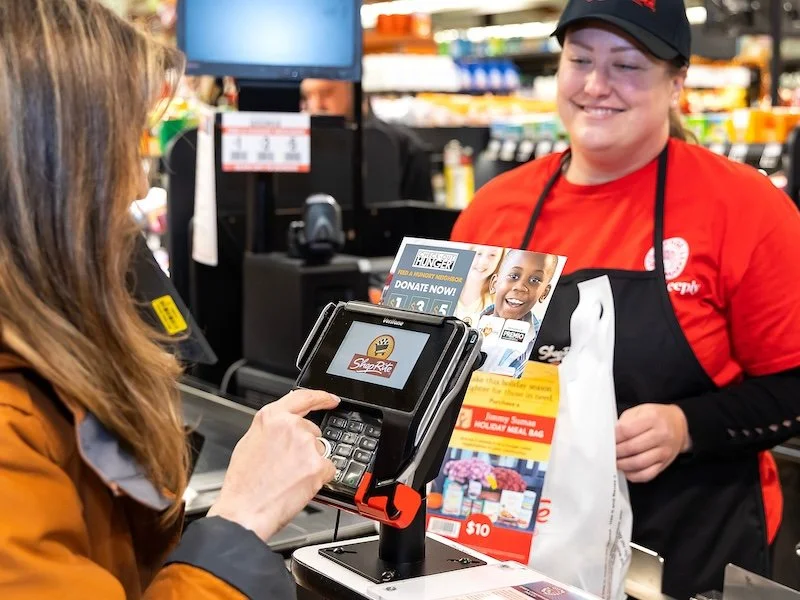
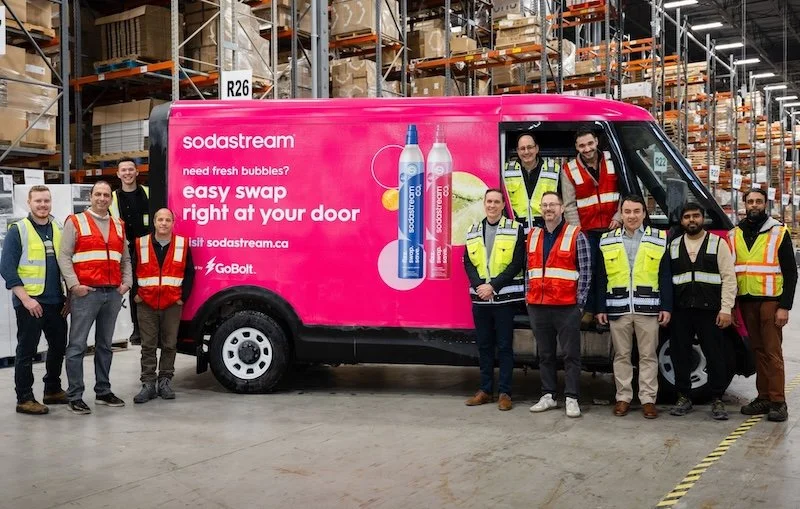

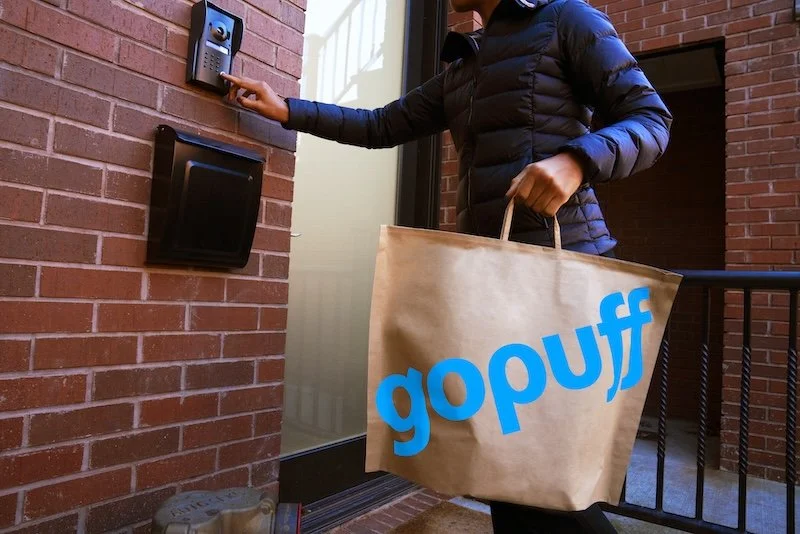

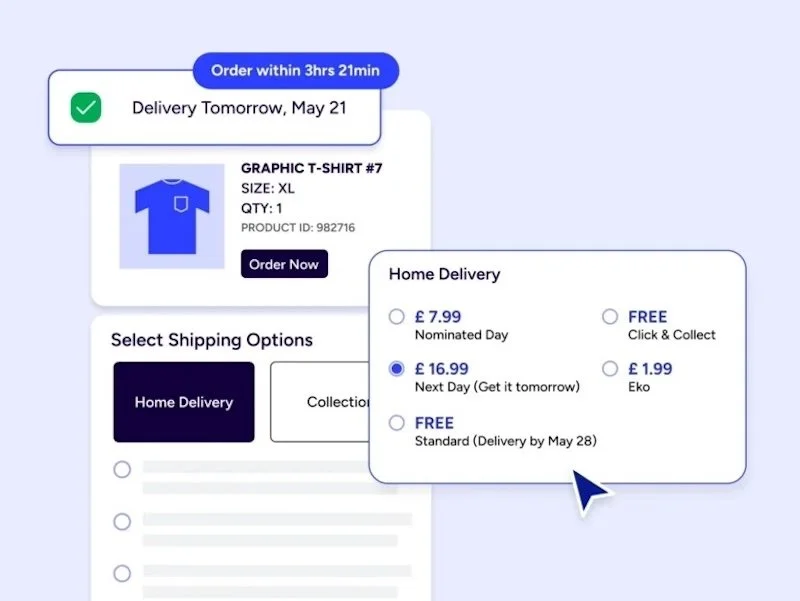
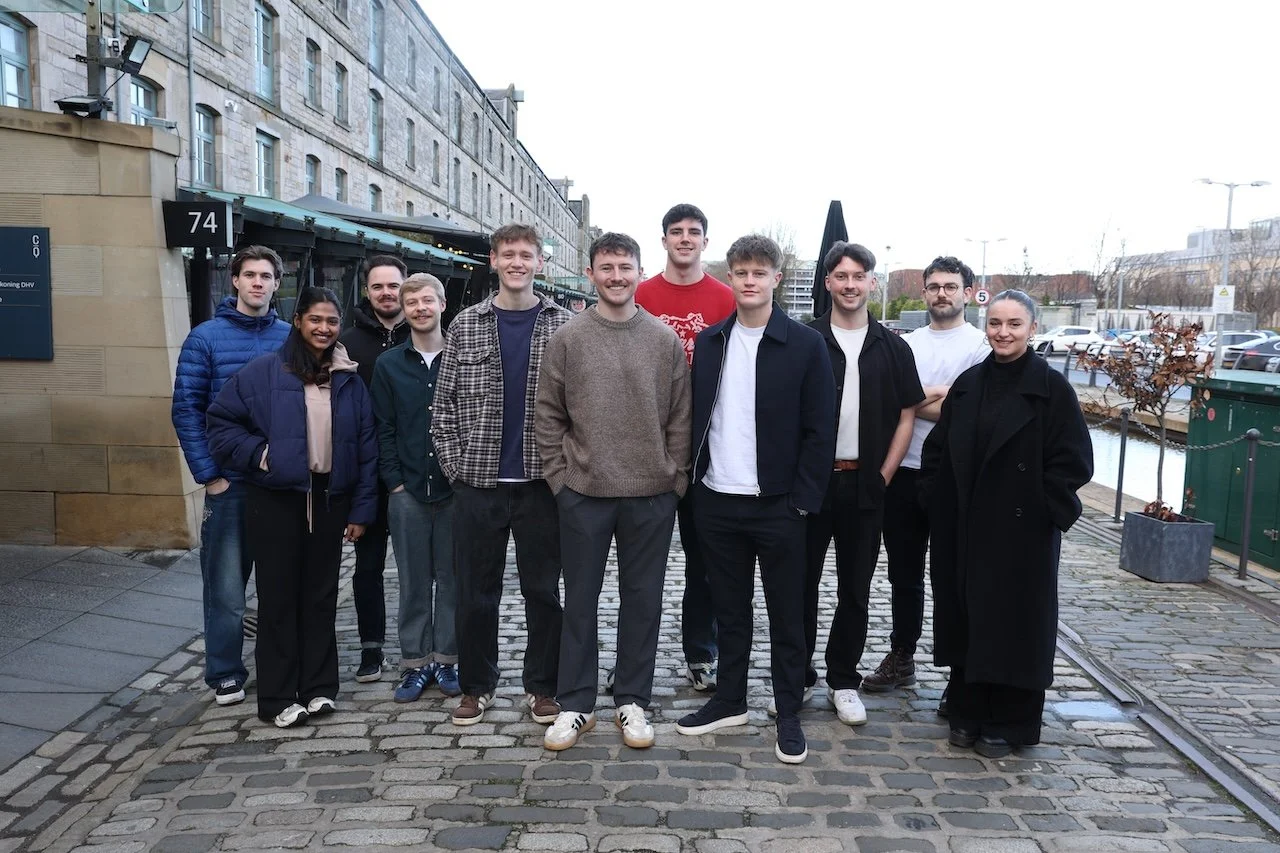





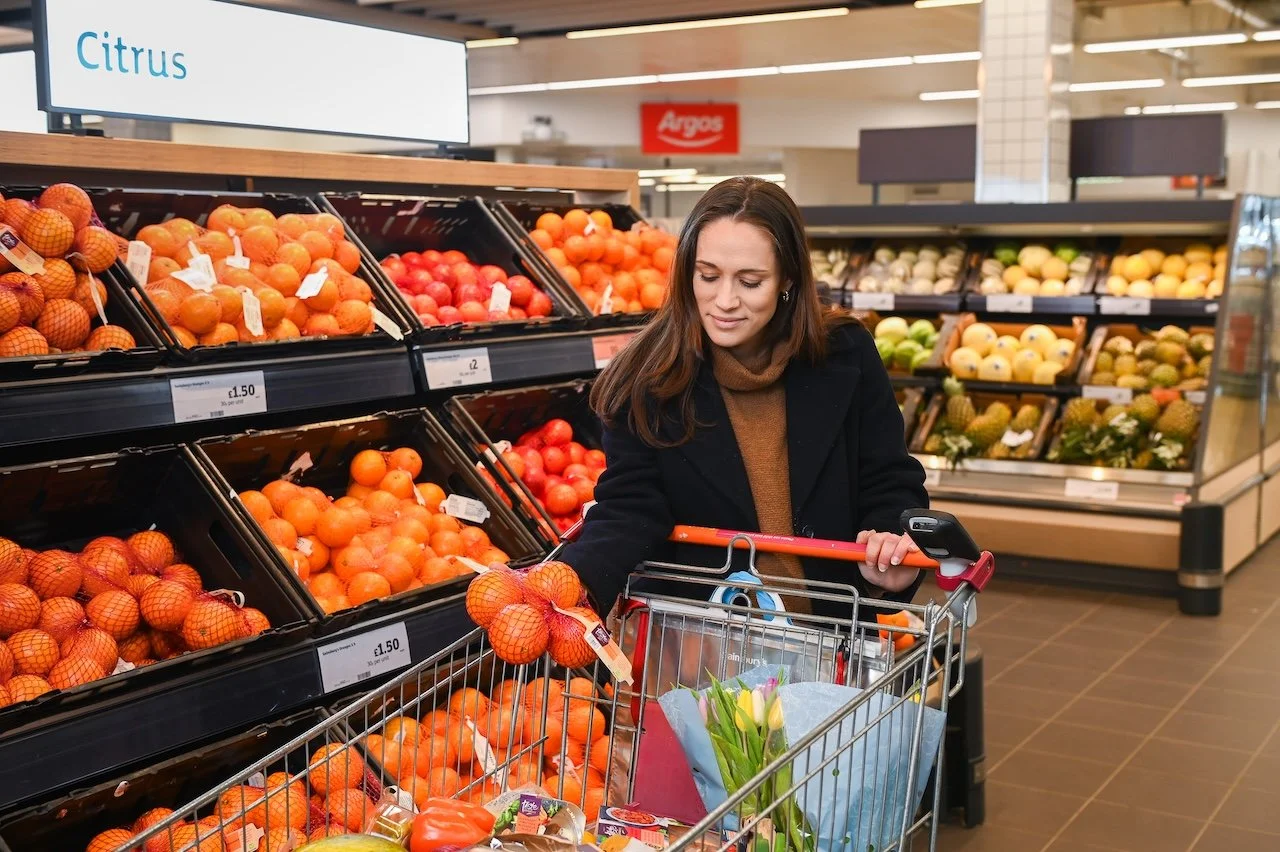
Continue reading…